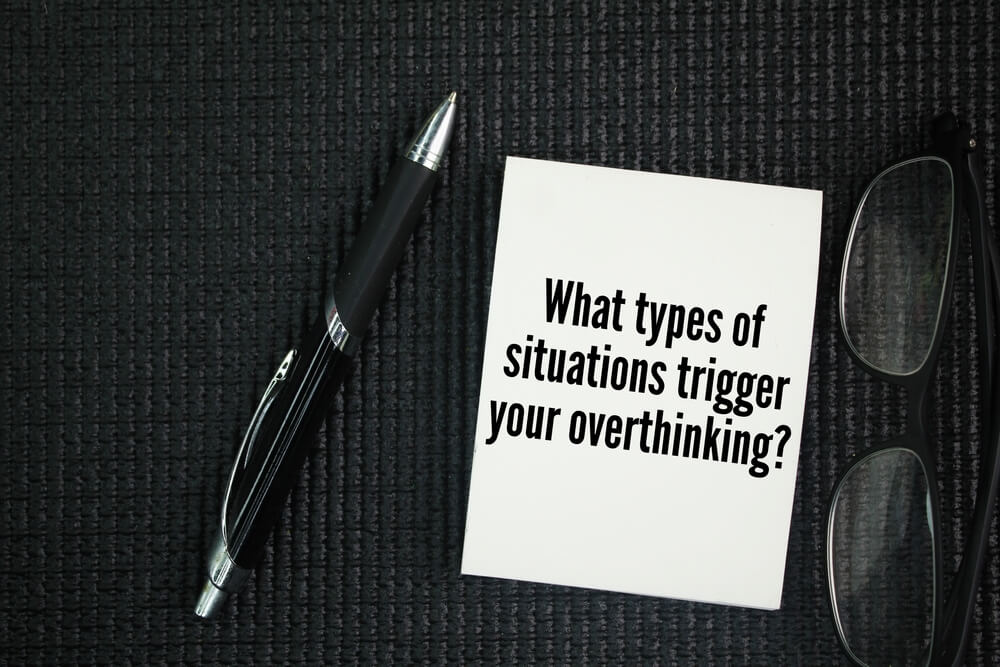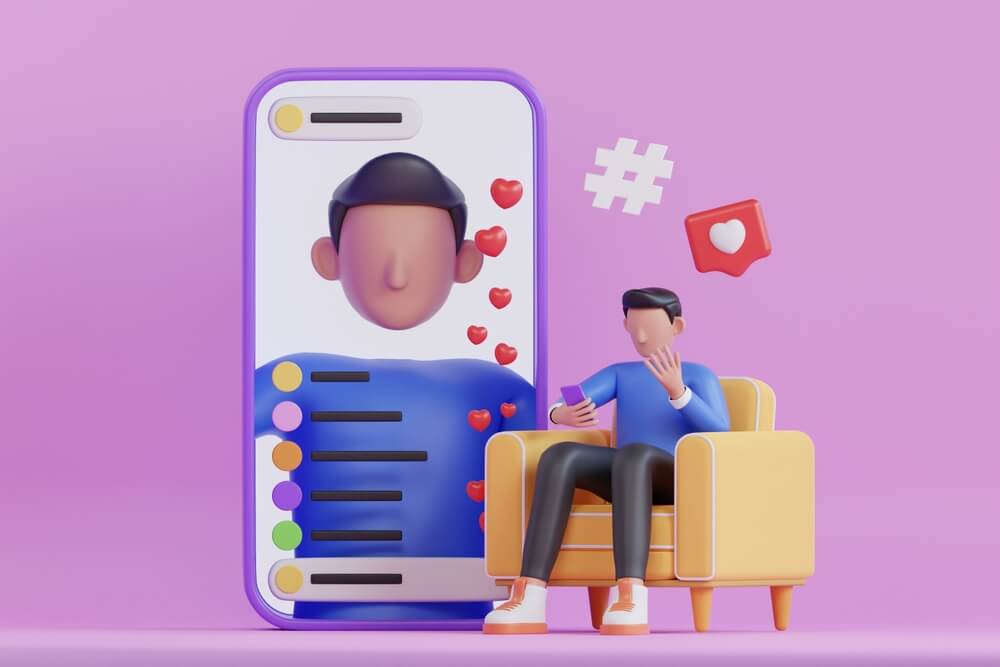Introduction
Table of Contents
In today’s fast-paced professional landscape, success often feels like a nonstop hustle. But in the drive to build a thriving career, many overlook the subtle yet significant impact of mental health. That’s why we’re exploring 7 Mental Health Mistakes That Kill Career Growth—not to scare you, but to help you steer clear of the traps that quietly sabotage your progress.
🌱 Why Mental Health Matters in Your Career
Before diving into the mistakes, let’s get one thing straight: mental health isn’t a luxury—it’s a necessity. Just like physical health, your emotional and psychological well-being directly affects:
- Productivity
- Decision-making
- Team collaboration
- Creativity
- Confidence and resilience
According to the World Health Organization, depression and anxiety cost the global economy over $1 trillion each year in lost productivity. So yes, neglecting mental health has real consequences—and not just for individuals, but for entire organizations.
Now, let’s uncover the seven silent career killers you need to watch out for.
1. ❌ Ignoring Burnout Signs
Burnout isn’t just being tired—it’s chronic stress that leads to emotional exhaustion, detachment, and reduced performance.
Warning Signs Include:
- Feeling drained even after rest
- Cynicism towards work
- Dreading Mondays, every day
Example: A freelancer pulling 14-hour days to meet client deadlines may initially succeed, but eventually loses creativity and begins missing details—putting their reputation on the line.
Tip: Prioritize recovery. Schedule breaks, get enough sleep, and protect your weekends.
Keyword Insight: “Mental Health Mistakes” like ignoring burnout drastically reduce your energy, leading to poor career choices.
Also Read : 5 Rejuvenating, Must-Visit Mental Health Retreats for Deep Healing
2. 🧊 Bottling Up Emotions
Suppressing emotions may feel professional, but long-term silence creates internal pressure that eventually bursts—often in damaging ways.
How It Shows Up:
- Exploding during minor disagreements
- Chronic anxiety or depression
- Unexplainable disengagement
Example: A corporate employee who never voices concerns ends up resenting their job, missing promotion opportunities they secretly desire.
Solution: Develop emotional literacy. Journaling, therapy, or simply talking to a trusted colleague helps release mental pressure.
3. 👎 Comparing Yourself Constantly
Scrolling through LinkedIn or Instagram and feeling “behind”? You’re not alone—but comparison is a mental trap, not a growth tool.
Consequences:
- Decreased motivation
- Loss of focus on personal goals
- Self-doubt and imposter syndrome
Fact: According to a survey by APA, social comparison is linked to poor self-esteem and anxiety—key mental health mistakes that kill career growth.
Tip: Track your own progress, not someone else’s highlight reel. Celebrate small wins and use others’ success as inspiration, not competition.
Also Read: Ketogenic Diet for Mental Health: A Science-Backed Guide to Better Brain Function
4. 🕳️ Overcommitting Without Boundaries
Saying “yes” to every opportunity might seem like a smart career move, but overcommitment often leads to:
- Chronic stress
- Poor work quality
- Loss of time for mental recovery
Example: A personal branding expert who takes on too many clients starts skipping strategy steps, resulting in inconsistent results and client dissatisfaction.
Fix: Learn to say “no” gracefully. Boundaries protect your energy and make you more reliable in the long run.

5. 📉 Undervaluing Support Systems
Going solo might feed your ego, but isolation chips away at mental resilience. We all need community and mentorship—even the most independent professionals.
Impact of Isolation:
- Limited feedback
- Higher stress levels
- Reduced emotional bandwidth
Data Point: Employees with strong social support networks are 2.4x more likely to thrive in their roles, according to Gallup.
Tip: Join online communities, attend masterminds, or simply schedule coffee chats. Support fuels mental stamina.
6. 🤫 Avoiding Professional Help
Struggling silently doesn’t make you strong—it prolongs suffering. Mental health professionals exist for a reason.
Myth: Therapy is only for severe cases.
Truth: Coaching, counseling, or therapy can accelerate your career clarity, improve communication, and build mental strength.
Example: A freelance designer stuck in a rut finds new perspective and focus after a few sessions with a mental wellness coach.
Keyword Reminder: Avoiding support is one of those overlooked mental health mistakes that kill career growth slowly but surely.

Also Read: My Personal Journey Overcoming Anxiety as a Working Professional
7. ⛔ Equating Self-Worth with Career Success
When your job becomes your identity, any setback feels like personal failure. That’s not just dangerous—it’s unsustainable.
Risks:
- Emotional instability
- Fear-based decision making
- Sacrificing personal relationships
Solution: Practice detachment. Define success beyond work—through health, relationships, purpose, and impact.
Example: A branding consultant who tied self-worth to income felt devastated after one slow month. Reframing success allowed them to explore new income channels confidently.

👋 Wrapping Up: Turn Mistakes into Motivation
To recap, here are the seven key Mental Health Mistakes to avoid:
- Ignoring burnout signs
- Bottling up emotions
- Constant comparison
- Overcommitting without boundaries
- Undervaluing support systems
- Avoiding professional help
- Tying identity to job performance
You don’t have to be perfect—but being aware of these pitfalls puts you miles ahead. Protecting your mental health isn’t a luxury—it’s a business strategy.
What are the most common mental health mistakes professionals make that hurt their career growth?
Many overlook issues like chronic stress, toxic self-talk, ignoring burnout signs, and perfectionism. These habits may seem harmless but silently erode productivity, creativity, and confidence—key drivers of career growth.
How does emotional suppression impact long-term career success?
Suppressing emotions can lead to decision fatigue, poor interpersonal relationships, and a lack of authentic leadership. Emotional intelligence is often a missing piece in the puzzle when analyzing mental health mistakes affecting career growth.
Is comparison culture a mental health mistake that affects career trajectories?
Absolutely. Constant comparison on platforms like LinkedIn or Instagram can breed anxiety, imposter syndrome, and unrealistic benchmarks—stalling real career progress and fueling self-doubt.
Why is neglecting rest and recovery a major mental health mistake?
Skipping rest might win short-term praise, but long-term career growth suffers. Sleep deprivation and lack of downtime lower cognitive function and increase emotional reactivity—poor traits for leadership or entrepreneurship.
Can ignoring therapy or mental health support hinder professional development?
Yes. Avoiding therapy due to stigma or pride is a mental health mistake that delays healing and self-awareness. Investing in mental health accelerates growth by reducing emotional baggage and improving self-regulation.
How does poor boundary-setting count as a mental health mistake at work?
When professionals say yes to everything, they dilute their focus and build resentment. Weak boundaries blur work-life balance, causing burnout and halting meaningful career growth.
Are unrealistic productivity expectations harmful to mental health and career?
Definitely. Hustle culture encourages nonstop output, which backfires. Sustainable success is built through strategic pauses, prioritization, and energy management—areas weakened by this common mental health mistake.
What role does internalized shame play in blocking career growth?
Shame around not achieving enough, being vulnerable, or making mistakes can become a silent career killer. It fuels avoidance, procrastination, and perfectionism—three mental health mistakes that severely block progress.
Can over-reliance on external validation stall career growth?
Yes. Professionals stuck in validation loops often make choices based on applause, not alignment. This disconnect leads to disillusionment and burnout—both mental health mistakes that sabotage authenticity and impact.
What is the long-term cost of neglecting mental well-being in high-performance careers?
The cost is steep: broken relationships, stalled creativity, fatigue, and even health crises. Sustainable career growth demands mental health literacy, proactive self-care, and embracing emotional agility as strengths.
If this post resonated with you, share it with someone who’s on the hustle train and needs a reality check. Or drop a comment with your experience—we grow stronger through conversation. 💬




